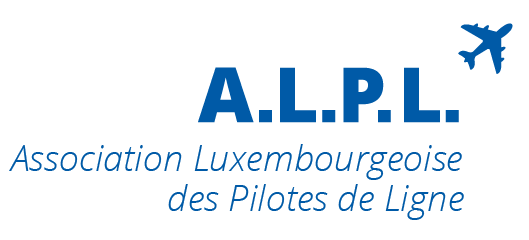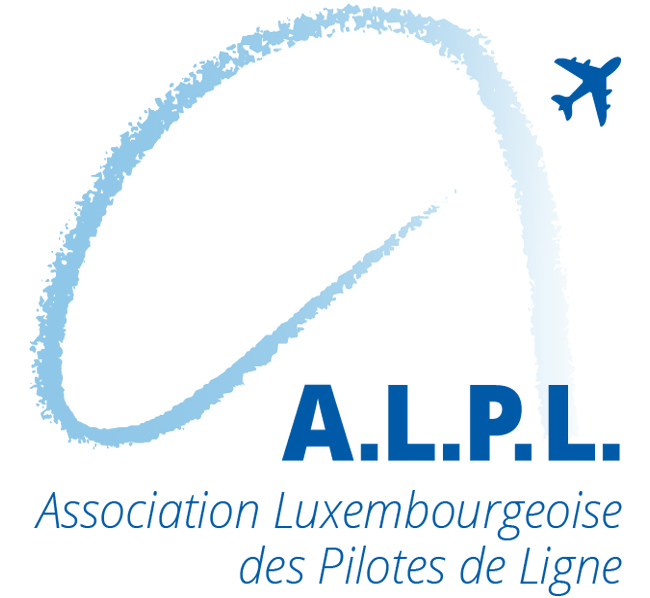Please find below an update regarding:
- Fatigue Risk Management (FRM)
- Court Hearing – Rest requirements (Time Zone Compensation)
- Hotels
- Crew Positioning Travel
- Social Media
Fatigue Risk Management (FRM)
Since the introduction of the new EASA regulations, there has been a shift from purely prescriptive limits to performance-based Flight Time Limitations. The International Civil Aviation Organization (ICAO) with IFALPA and IATA have agreed that one regulation does not fit all types of operations and has required national authorities to introduce regulations that airlines must manage the hazard of fatigue in aviation through an FRM.
We believe it is important to look at the ICAO definition of fatigue and give you practical examples in our operation where you can identify areas where potential fatigue may arise and to assist you in your responsibility to ensure you are fit for duty.
ICAO Definition- fatigue:
A physiological state of reduced mental or physical performance capability resulting from sleep loss, extended wakefulness, circadian phase, and/or workload(mental and/or physical activity) that can impair a person’s alertness and ability to adequately perform safety-related operational duties.
ICAO and the other stakeholders have identified four contributing factors that induce fatigue.
1) Sleep Loss; We all have experienced somewhere along our career that in the airline industry if we are not able individually to obtain our minimum nightly sleep requirements we accumulate sleep loss and we become fatigued not tired! Keeping a sleep log helps to be proactive to assist you in making the right decision in case you need to extend your rest times.
In many cases we only manage small amounts of sleep before being woken up to report for a duty. This depends what time we sign on and at what phase our circadian phase is in.
2) Extended Wakefulness; Here a clear example is when operating a long night duty as a standard crew at the prescriptive limit of 11 hours FDP. The 11 hrs FDP has meant that you will have been awake at least two hours before that (1 hour to travel to the airport + 1 hour after been woken up).
The above calculation assumes you will have been sleeping until the wake-up call. If this is not the case, you need to add the additional time of being awake. Let’s look at a duty HKG-ANC. You are in an unknown state of acclimatisation (max FDP 11 hrs) and managed only 4 hrs of sleep but have been awake 4 hours before the wakeup call. Your extended wakefulness is now 4+2 (wakeup call and travel to airport) +11 FDP = 17 hours for a landing in ANC.
In combination with the amount of sleep you have had prior to the planned duty every crew member needs to understand their physiological state to be capable of operating adequately.
3) Circadian Phase; As Cargolux pilots we understand that our body clock shifts. Unfortunately, it varies, and we need to understand that in many cases we are in an unknown state of acclimatisation. We have to adopt a precautionary approach and be rested sufficiently by obtaining the best/longest sleep periods prior to our duties. We see many times that the duties do not match our best Circadian Phase and we may need to inform operations of any adjustments in our duties to ensure our alertness is adequate for those duties.
4) Workload;Covers multiple sectors combined in environments such as high terrain, winter operations where additional measures of de-icing and performance calculations that add to the equation. All have additional effects to the overall potential fatigue.
Whilst the above helps you on the line on a day to day basis, we are actively engaged with the DAC-L and management to highlight their responsibilities under the EASA regulations ORO.FTL.110 Operator responsibilities.
Fact is that the current FRM system in place has severe limitations, 87% of the pilots are not satisfied with the way FRM is applied and a crushing 90% feel that FRM is not effective in preventing excessive crew fatigue at Cargolux. Thus we urge everybody to apply a very high and professional standard in determining your capability to safely operate any flight.
Maintaining a sleep log, or using the LEAF App, will assist you in making the professional decision. Also, do not forget to file a proactive Fatigue Report when asking for additional rest.
Please click here for additional guidance on how to write a proactive Fatigue Report. If you need further assistance don’t hesitate to get in touch with us at cvboard@alpl.lu.
Court Hearing – Rest requirements (Time Zone Compensation)
On 24 October the initial court-hearing took place in Luxembourg at the administrative court. Also present was a lawyer by the company, in spite of the fact that Cargolux is not even involved into this issue between individual pilots and the DAC-L. Our lawyer reiterated our key arguments that are supported by EASA’s Guidance Material where they state among others;
GM2 CS FTL.1.235(b)(3) Additional rest to compensate for time zone differences
REST AFTER ROTATIONS WITH THREE OR MORE FLIGHT DUTY PERIODS
For a rotation with three or more FDPs, the greatest time zone difference from the original reference time should be used to determine the minimum number of local nights of rest to compensate for time zone differences. If such a rotation includes time zones crossings in both directions, the calculation is based on the highest number of time zones crossed in any one FDP during the rotation.
To our surprise, the DAC-L legal counsel added an additional argument stating that this case should not have been brought to the Administrative Court but instead to the Labor Court. ALPL’s lawyer strongly opposed this by clearly stating that the DAC-L is an administrative body, and this is the only correct forum to obtain a clear judgment.
It is our feeling that this last-ditch argument only serves to delay the process of getting a true judgment either in Luxembourg or through the European Court system.
The court will come back with a decision within the next few months. In any case there is a high possibility of an appeal that will move up the issue to the next higher and final instance within Luxembourg.
Hotels
As the new year approaches, we are in the midst of many contract renewals. Whilst the aim is that we maintain the majority of the crew hotels that are suitable for our crew rest needs, we have advised the company of the hotels that fall well short of these requirements. Quality crew rest is a vital part of our safety loop in demanding schedules of non-circadian planning that appear in our rosters. It is also a FSAG recommendation that the hotels remain at a high quality.
However, the company has an internal procedure to request for tenders when hotel contracts are coming up for renewal. This creates additional work for the Hotel Committee to ensure that when tenders are sent to various hotels, they meet the minimum standards of the Hotel Policy. There are a few hotels that are now under review and we will provide you an update soon.
We do request when you have any issues at hotels to please write a Voyage Report via the iQSMS application, attaching photos if needed. The application then sends you a copy which you can forward to cvhotels@alpl.lu. Without any reports we are not able to present the facts of the deficiencies in the hotels to improve them and even to change them.
We are also currently looking for one or two members who would be willing to join and strengthen ALPL Hotel Committee and who are self-motivated, enthusiastic and dedicated to ensuring this vital part of our CWA is not forgotten. If you are interested please do not hesitate to send an email to cvhotels@alpl.lu.
Crew Positioning Travel
We keep receiving reports that when you are booked to position on commercial flights many of you notice that it is not as per the CWA. A letter was sent from the CEO to the LCGB earlier this year confirming the CWA text. Human Resources forwarded this document to various departments and we have asked that they once again remind them of the CWA and the attached letter.
In the meantime, please also review the “Know your CWA”series regarding positioning travel, where you can find further information about what you can do, if you think the CWA is not respected.
Social Media
It came to our attention that Flight Operations Management monitors pilot’s social media posts. While many of us use social media for it’s convenience we would like to urge you to be mindful what you post online and with who you share the information. Make yourself familiar with the appropriate privacy settings and use them accordingly.




